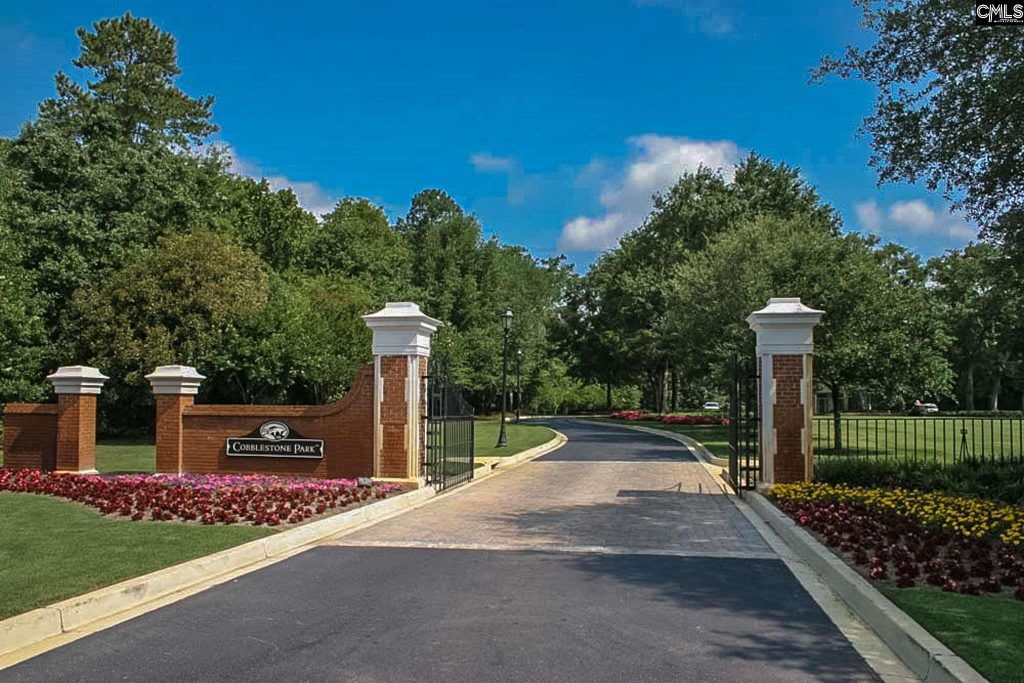
BLYTHEWOOD – When Lenore and James Zedosky moved from West Virginia to South Carolina, they didn’t envision spending nearly five years of their retirement locked in litigation with a national home builder.
Now the lengthy legal battle has finally reached a conclusion.
On March 14, the Zedoskys along with two other residents and DR Horton jointly agreed to settle the lawsuit in a dispute over green space, according to Richland County court records.
Per the terms of the dismissal, each party will pay for their own legal costs. A $5,000 deposit is being returned to the plaintiffs as well.
Lenore Zedosky said she is relieved the litigation has ended.
“After five years, thousands of dollars and some health issues, we decided it was just time to end it,” she said. “We felt like we had a very good case. Our lawyer met with their lawyer and both came to a consensus that the case would be dismissed, so we were very pleased about that.”
The legal battle began back in July 2017, when the Zedoskys and two other plaintiffs sued DR Horton and the Town of Blythewood.
The suit asserted that covenants in place stated the properties would be adjacent either to a deeded nine-hole golf course or remain a perpetual greenway pursuant.
DR Horton acquired the property in 2012 with plans to subdivide it for future development in violation of the covenants, according to the suit.
Zedosky said as a result of the settlement, DR Horton has agreed to preserve the green space and not develop the contested property.
A DR Horton representative couldn’t be reached for comment.
In court filings, DR Horton denied claims in the homeowners’ suit. The home builder also filed a cross claim against the Town of Blythewood, saying the town wrongfully denied building permits for which DR Horton applied.
According to court papers, DR Horton eventually consented to dismissing its cross claim against the town, but the town never agreed to the dismissal.
Blythewood Town Manager Carroll Williamson said the town didn’t consent because it wanted a definitive ruling to eliminate any ambiguity on permitting issues.
The town wanted “clear legal guidelines for how to treat the property for permits going forward,” Williamson said. “Because of this, we did not agree to a dismissal without a ruling on the merits.”
Meantime, the Zedoskys and other co-plaintiffs said DR Horton’s plans would have a material adverse effect on their rights including, but not limited to, a devaluation of the value of their properties and a significant disruption of their quiet enjoyment of their property that would result from the loss of the property as green space or as a golf course.
The suit claims Horton sought permission from the town to subdivide the property.
“Horton has failed to obtain the written consent of the majority of owners affected by Horton’s intended change in the use of the property which is subject to the Greenway Covenant,” the suit states.
Now that the suit is dismissed and resolved, Zedosky said the process illustrates that it is possible to prevail in planning or zoning disputes.
“We now want to work with the town to make sure this doesn’t happen again,” Zedosky said. “We’re hugely relieved. If you work with your elected officials and are professional about what you’re asking for, you can impact what happens at the local level.”










